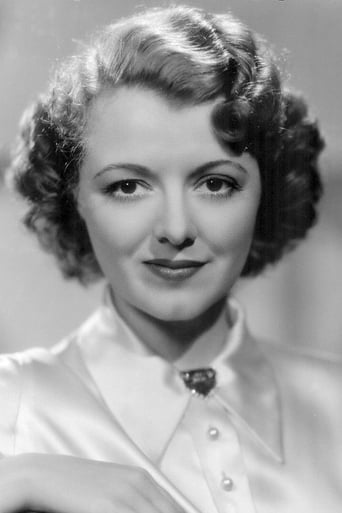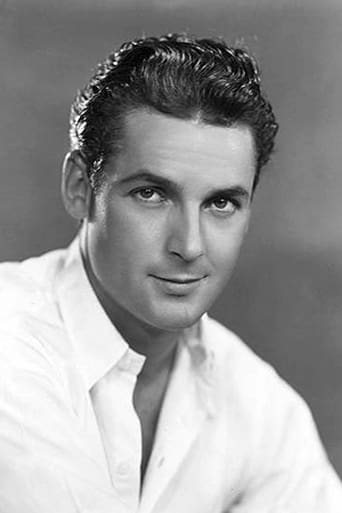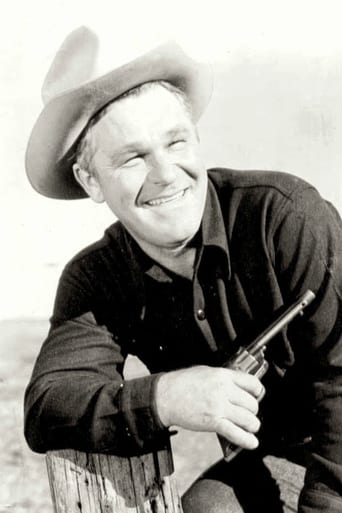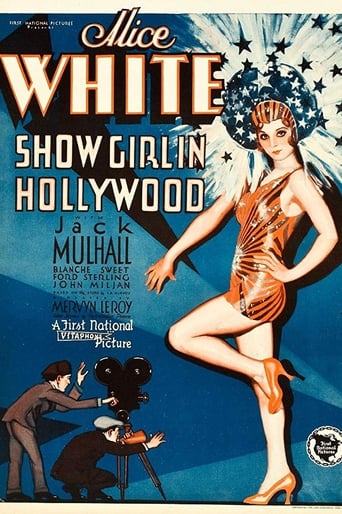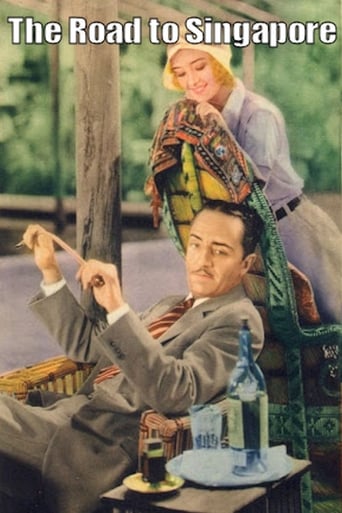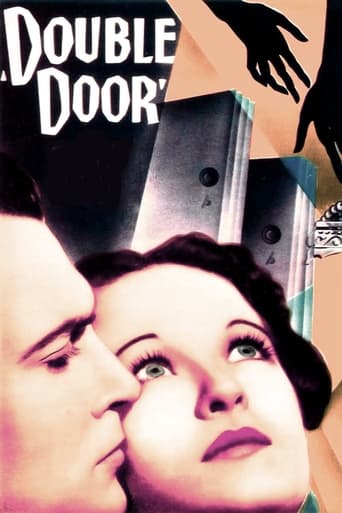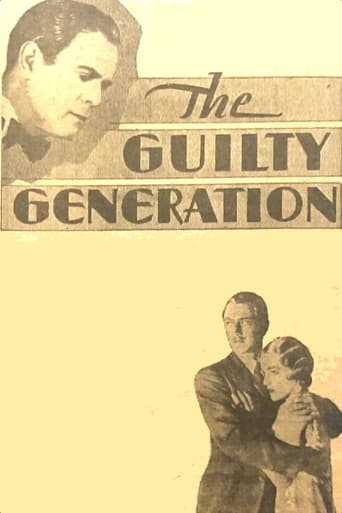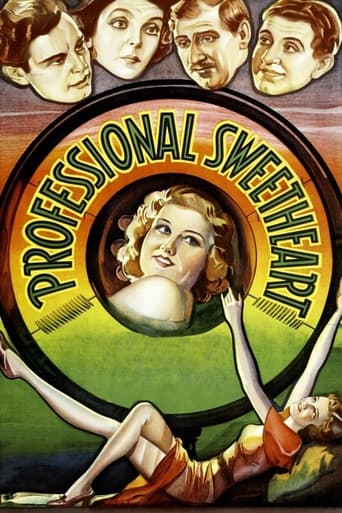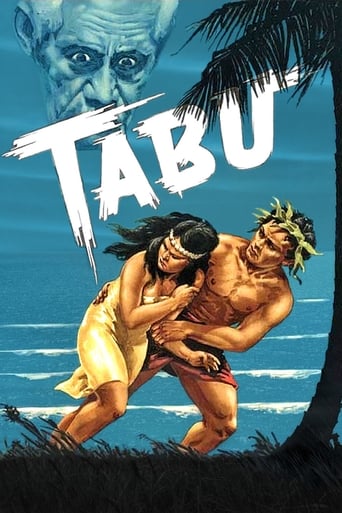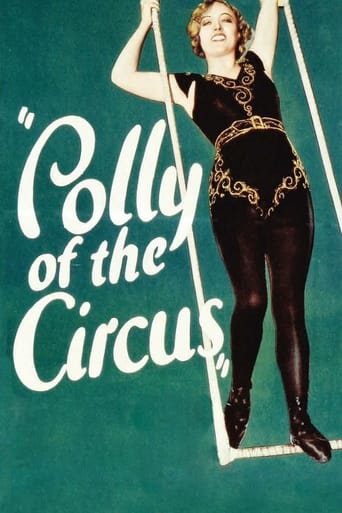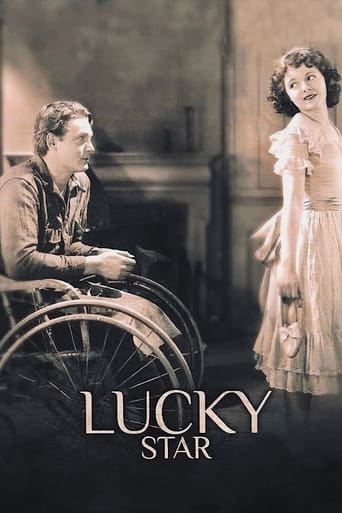
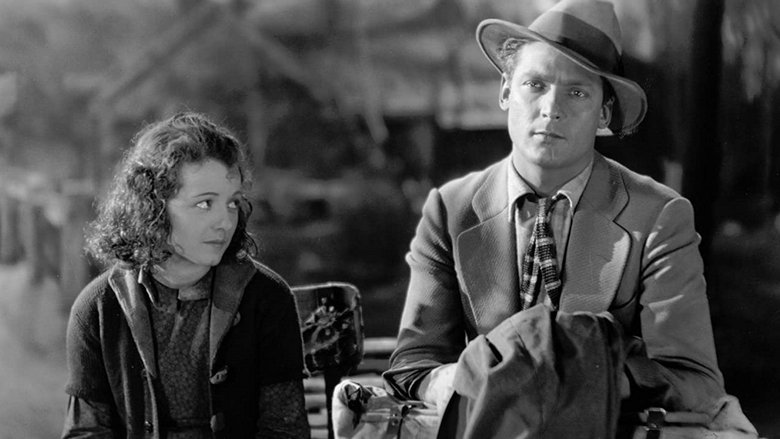
Lucky Star (1929)
Mary, a poor farm girl, meets Tim just as word comes that war has been declared. Tim enlists in the army and goes to the battlefields of Europe, where he is wounded and loses the use of his legs. Home again, Tim is visited by Mary, and they are powerfully attracted to each other; but his physical handicap prevents him from declaring his love for her. Deeper complications set in when Martin, Tim's former sergeant and a bully, takes a shine to Mary.
Watch Trailer
Cast


Similar titles
Reviews
*SPOILERS FOR VARIOUS BORZAGE FILMS, INCLUDING THIS ONE*"Last night I dreamt that somebody loved me," Morrissey once moaned. "No hope, no harm, just another false alarm." There's surely no-one living who hasn't, before ultimately finding some excellent brunette who also likes Melvyn Douglas, woken up with a hollowness in their middle, wishing those heady, involuntary ramblings of the previous hours were real. It's only Frank Borzage, though, who ever came close to capturing the gentle, lazy, in-sync rhythms of a romantic dream*. Yes, his silent dramas feature mad dashes to the finish, with near-biblical love-fuelled miracles that restore mobility, faith and even life itself, but it's the tender mid-sections that are often the most remarkable (Street Angel is the glorious exception), rich in exploration and that most underrated of emotions - fondness - as the characters quietly circle one another in a dance of romance. Love stories in Borzage films honour honesty, patience and selflessness, while celebrating quirks of human behaviour rarely lauded on screen: naivety, innocence and loyalty beyond measure. While the forces manipulating his characters can seem clunky or excessively melodramatic - if in doubt, he tends to just send Charlie Farrell to war in France - the central duo, and the love between them, always ring utterly true. In their purest, sweetest incarnations these characters are played by Janet Gaynor and Farrell. While he was more of a star than an actor, she was unquestionably and invigoratingly both. I'm not sure I've ever seen an actress with such a startling, natural precision of emotion.The pair's warm, wonderful chemistry dominates Lucky Star, a pastoral film that sees his straightforward wire-fixer and her amoral farm girl initially at loggerheads, only for the war to intervene (quelle surprise). Brilliantly, they truly connect after she takes some belated revenge on him for a spanking by chucking a brick through his window. Two years later. The film's set-up is amusing and the economical war scenes are nicely done (though the trick of intercutting between villain Guinn Williams grinning his head off and Farrell getting blown up is a little heavyhanded), but it's with the budding of romance that the film truly blossoms. The scenes in which Farrell "makes over" Gaynor - both inside and out, washing her hair and admonishing her for telling whoppers - are subtle, beautifully-conceived and wonderfully played. My favourite moment is when Gaynor drops the needle on her new music player, turning with a blissful expression to Farrell's lonely paraplegic, who's cooped up in his house and watching through that broken window. If Liliom (see below) seems to prove right every misconception about talkies (the utter nonsense you hear about stilted dialogue and bad acting does apply to a lot of sound films made before 1931), then the curiously-titled Lucky Star makes those who ignorantly seek to lampoon silent film look utterly ridiculous. The acting is naturalistic, the pace perfect and the baddie just a big guy trying to get his end away. He may be horrible, but he's no moustache-twiddling caricature.In 7th Heaven, Borzage contrasted the dankness of an inner-city squat with the transcendence of the action within. Here, he makes the countryside a character: the pain of rural poverty drives the latter stages of the story, just as the airy idyll of the house and the trickling stream beyond piles atmosphere upon atmosphere in the film's immersive second act. Always one to place climactic obstacles in the way of his characters (an endless stream of people going in the opposite direction, redundancy, an iceberg), his final trick is to lob a snow blizzard at them; even the weather conspiring against these true lovers. But through it all their affecting romance never falters in tone or integrity. This, Gaynor and Farrell's last silent film together (they'd go on to make nine talkies, mostly musical-comedies), is one of the sweetest and most touching films I've seen. He equips himself notably well in a tough part - the scenes of his stricken soldier fighting to walk seem unusually realistic; well, apart from at the end - she's simply mesmerising, and together they're just a dream. Someone should tell Morrissey.PS: "I thought I was making you over and... you've made me over. Good as new." Sob.
Lucky Star begins in a small town and focuses on a small tomboy (Janet Gaynor). She spends her time carting various goods around town to make money for her family and brings some milk to a work site for sale. There she causes trouble between two of the men, one named Martin who believes she tried to cheat him out of his money (Guinn Williams) and the other, Tim, who defends her innocence (Charles Farrell). Suddenly, the quaint sentiment is broken by the announcement of WWI and then scatter off to enlist. A few years later, we see the town after the war. Tim has lost the ability to use his legs and is confined to a wheelchair. Martin is a man about town who uses his stint in the war for his own personal gain. The tomboy is a bit older now, but still as mischievous as before. She befriends Tim, who by this time is very lonely, and the two form a strong bond. However, Martin sees how beautiful the girl has become and goes about wooing her mother for her hand in marriage.A heartfelt movie with a great cast, Lucky Star is one of those movies that should be released on DVD. It is talked about often among cinephiles but is rarely seen. The copy I saw was a terrible print with an ill-fitting soundtrack; if it was good in spite of those things, just think of how wonderful it could be with a clear print and a great soundtrack! Unfortunately, most of Frank Borzage's beautiful cinematography was lost in the haze of the damaged print, but it was no doubt an asset to the film. The outdoor scenes show a picturesque town with almost fantastical homes. It adds to the charm of the love story.
"Lucky Star" boasts an exceptional performance by Charles Farrell as the handicapped Tim, who falls in love with a pathetic waif, "Baa-Baa", played by the sweet and petite Janet Gaynor. Whereas in "7th Heaven", Janet Gaynor gives the performance of a lifetime, here in this film it is Charlie Farrell who wows you with his believable, dynamic acting as Tim, a good man maimed in World War One, who comes home in a wheelchair and has to cope with being lame. One can easily see Charles was much more than your typical Hollywood "pretty boy", so it is kind of bizarre that the studios quickly forgot his excellent silent film performances, and put him in vehicles like musicals once sound came in, thereby destroying what should have been a continued dramatic career throughout the coming decades. Frank Borzage was a sentimental director whose work I have always enjoyed. He continued to make some excellent sound films as the years went on, but his silent films are his most memorable, for he had a knack of drawing excellent and subtle pantomime performances from his actors which communicated emotions far more profoundly without words than with them. I would like to see this film restored and placed on DVD so that future generations can see it. Keeping it locked up - and forcing people to watch poor bootlegs - does not do honor to this film, or to Borzage, Farrell, and Gaynor. They deserve the best showcase for this moving film. I do feel the ending - which I won't reveal - is a cop-out, but other than that "Lucky Star" is a film well worth seeing.
This film was the last silent film Charles Farrell and Janet Gaynor made as a team, and their soulful chemistry is more evident in this film than any other they made together. Is this movie so poignant because it marked the end of their silent career together, or because they had really reached the peak of their artistry together? This was also their last film with director Borzage, who also reached the peak of his art with this film.To me, LUCKY STAR also demonstrates what made Farrell great as an actor. Although he is often unfavorably compared to Gaynor, he is restrained, elegant, and utterly believable as the handicapped Timothy Osborne. The scene in which he bathes Janet, or later when they embrace before she heads off to the party, is masterful. His expression tears your heart out.If you have a chance to see this film, please do--you won't be sorry. This is the kind of film that makes you realize how truly great the art of silent cinema was (and remains). 10 stars.


